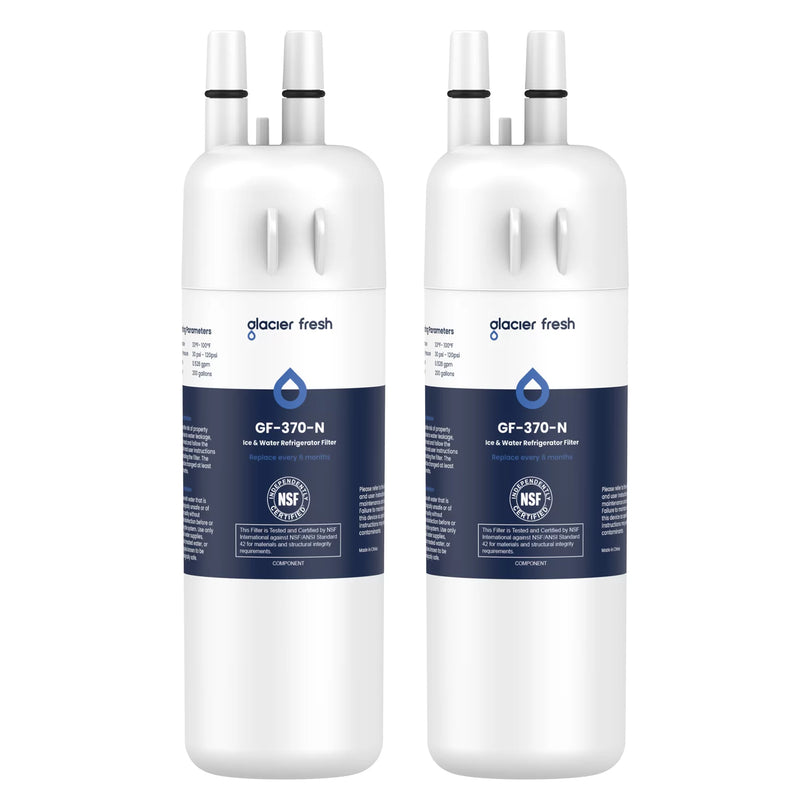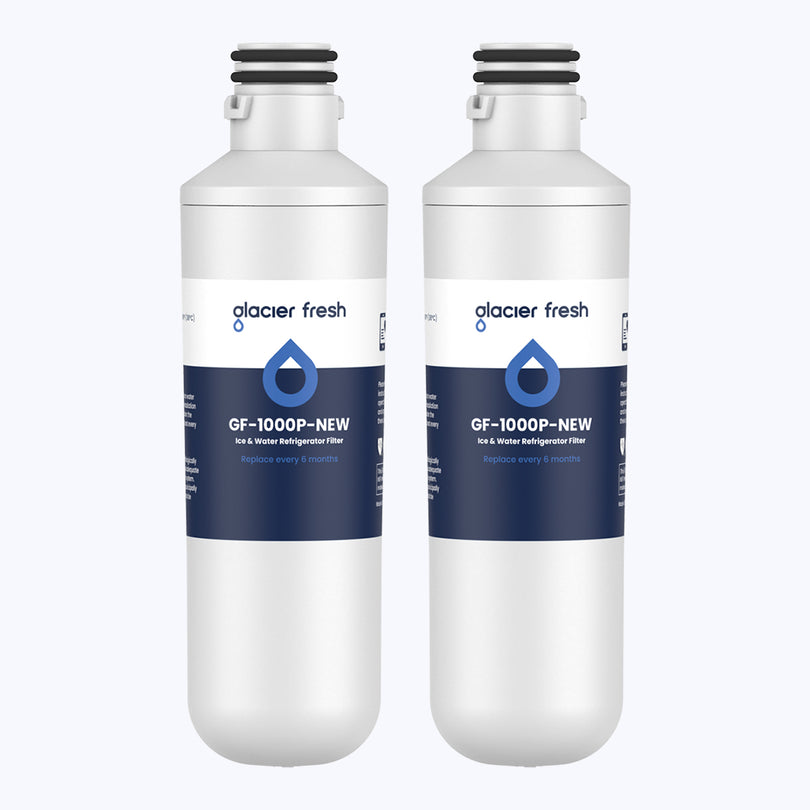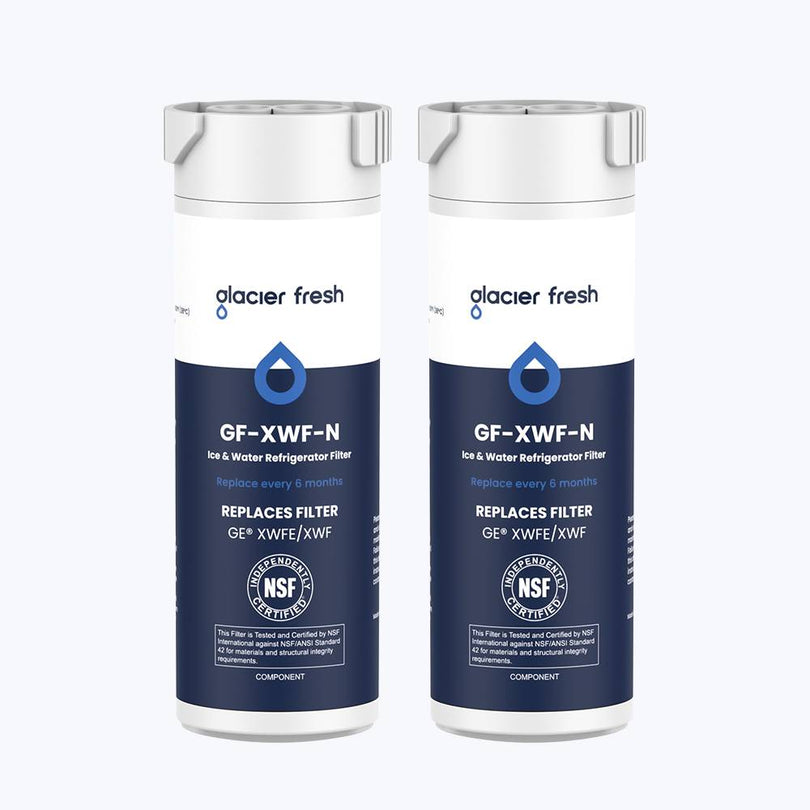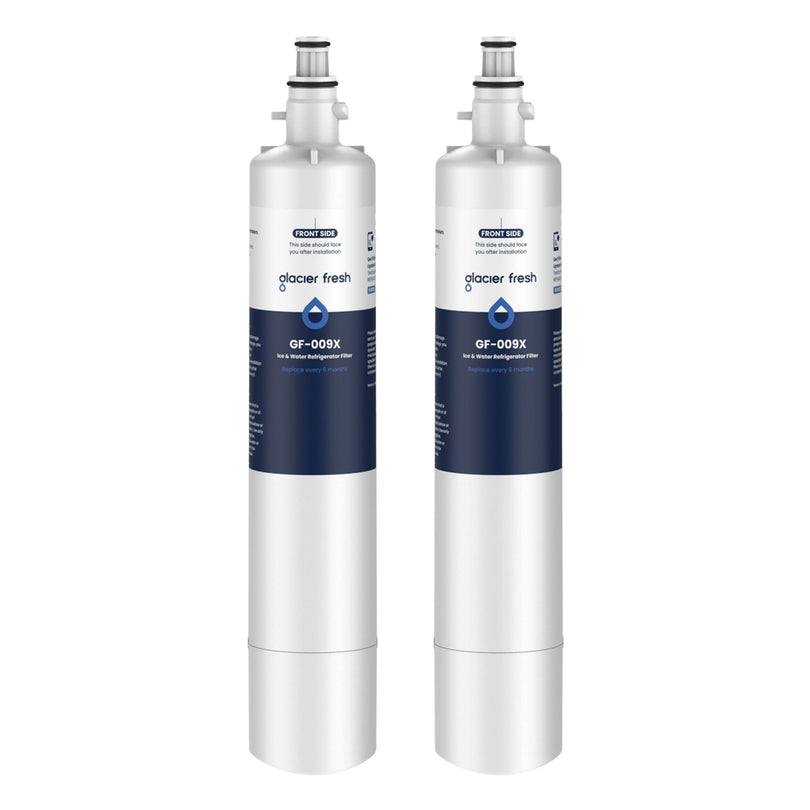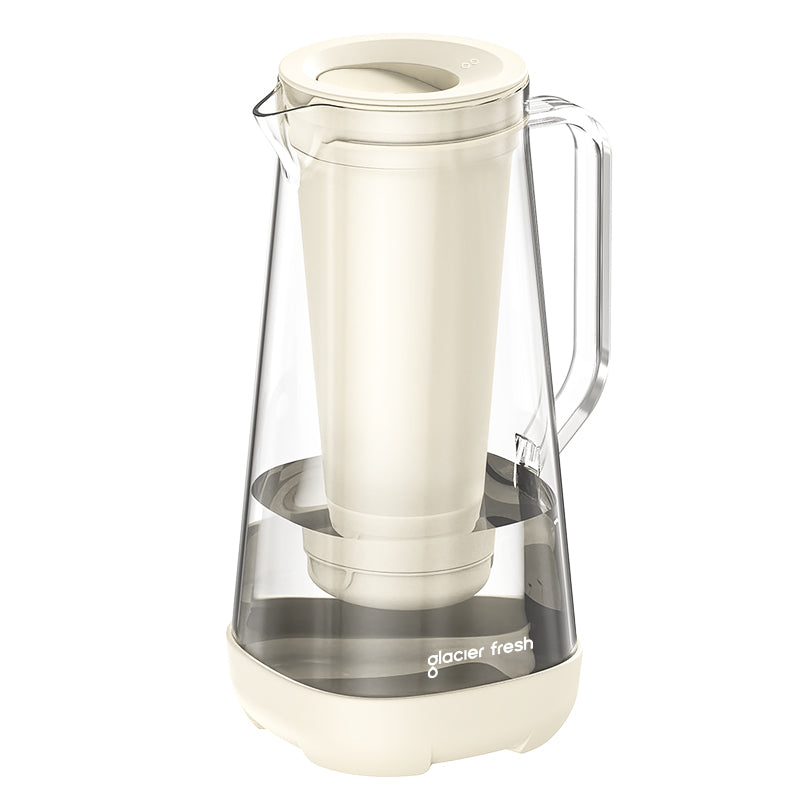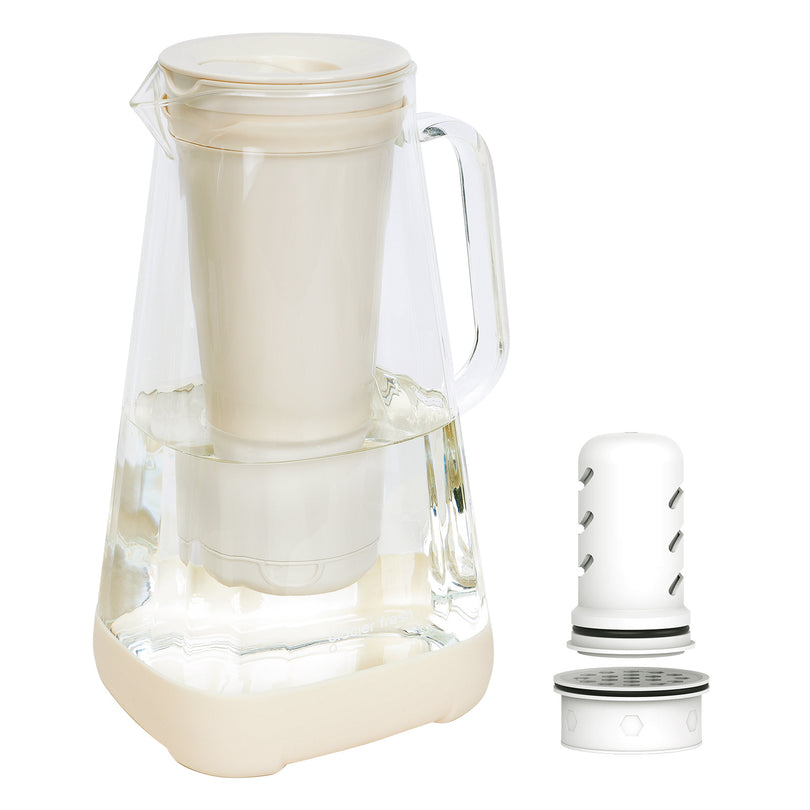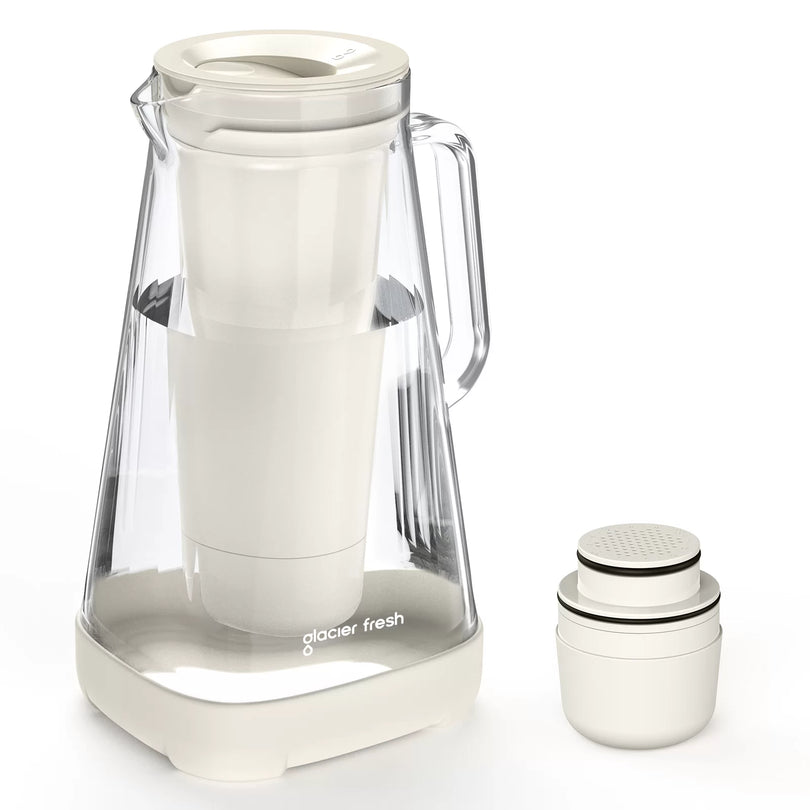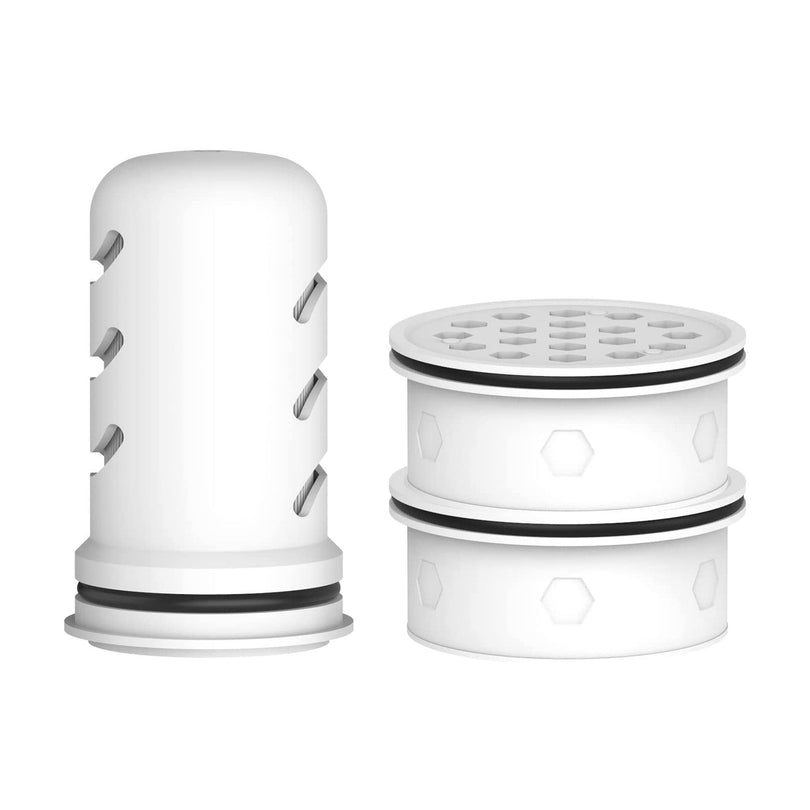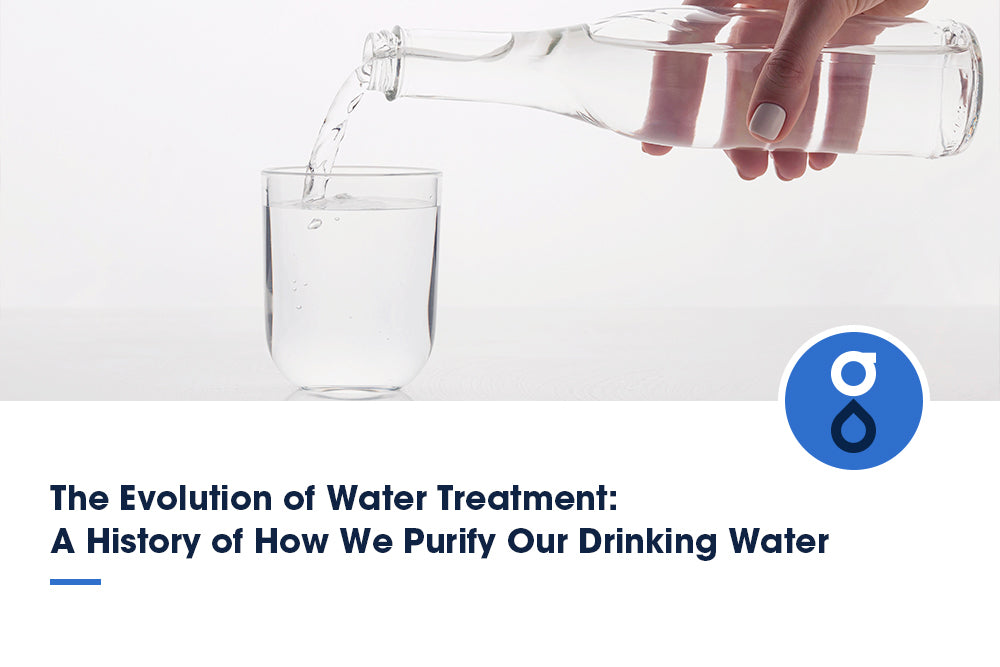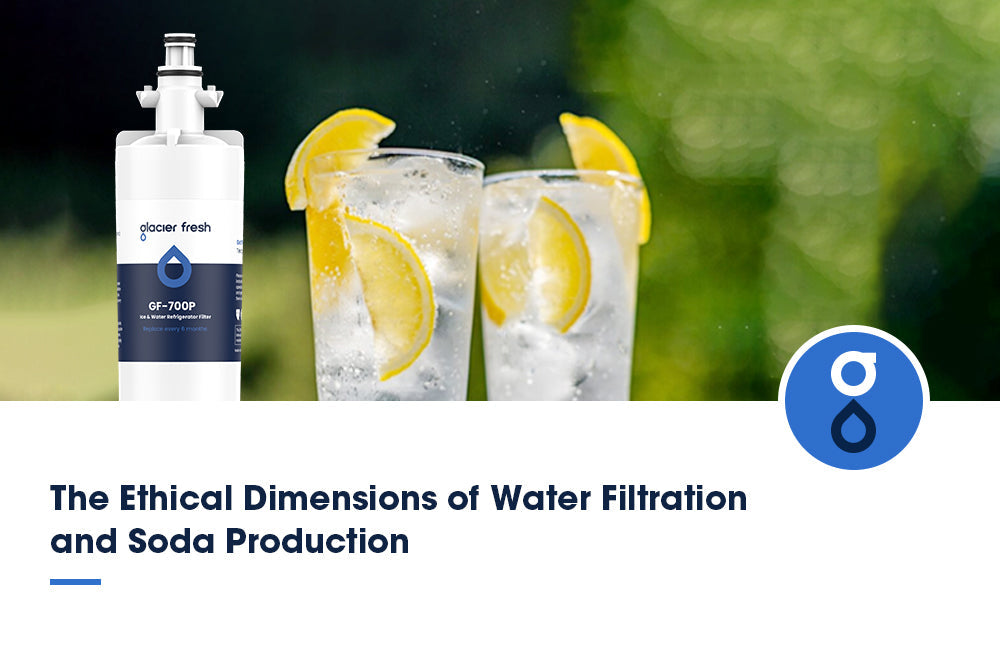Table of Contents:
Die Auswirkungen von Erdbeben auf die Wasserversorgung
Arten der Wasserverschmutzung nach einem Erdbeben
Häufige Gesundheitsrisiken im Zusammenhang mit der Wasserversorgung nach einem Erdbeben
Vorbereitungen, die Sie im Falle eines Erdbebens treffen können
Tipps zur Flüssigkeitszufuhr und Sicherheit während eines Erdbebens
FAQs
Abschluss
Sind Sie auf ein Erdbeben vorbereitet? Im Katastrophenfall ist sauberes, sicheres Wasser eine der wichtigsten Ressourcen. Im Chaos eines Erdbebens kann die Wasserversorgung verunreinigt werden, daher ist ein zuverlässiger Wasserfilter unerlässlich.
In diesem Artikel untersuchen wir die Auswirkungen von Erdbeben auf die Wasserversorgung, die möglichen Verunreinigungen und die Bedeutung eines Wasserfilters. Sorgen Sie für ausreichende Flüssigkeitszufuhr und bleiben Sie bei Wassernotfällen sicher.
Die Auswirkungen von Erdbeben auf die Wasserversorgung

Bei einem Erdbeben wird schnell klar, wie wichtig Wasserfilter für eine sichere und saubere Wasserversorgung sind. Die Auswirkungen von Erdbeben auf die Wasserversorgung sind enorm, insbesondere Infrastrukturschäden. Erdbeben können Rohrbrüche, den Ausfall von Wasseraufbereitungsanlagen und die Verunreinigung von Wasserspeichern verursachen. Wasserknappheit wird in den betroffenen Gebieten zu einem erheblichen Problem.
Notfallteams sind nach einem Erdbeben oft überfordert, was die Versorgung der betroffenen Bevölkerung mit ausreichend sauberem Wasser erschwert. Der Mangel an sauberem Wasser führt zudem zu Hygieneproblemen und damit zur Verbreitung wasserbedingter Krankheiten. Ohne ausreichende Filterung kann verunreinigtes Wasser leicht zu Cholera-Ausbrüchen, Ruhr und anderen durch Wasser übertragbaren Krankheiten führen.
Arten der Wasserverschmutzung nach einem Erdbeben
Nach einem Erdbeben können verschiedene Arten der Wasserverunreinigung auftreten. Es ist wichtig, sich dieser potenziellen Gefahren bewusst zu sein und die notwendigen Vorkehrungen zu treffen, um die Sicherheit Ihrer Wasserversorgung zu gewährleisten. Hier sind einige der wichtigsten Arten der Wasserverunreinigung, die auftreten können:
1. Sedimente und Schutt: Erdbeben können zu heftigen Erdstößen führen und so Sedimente und Schutt verdrängen. Dadurch können Wasserquellen verunreinigt und ungenießbar werden.
2. Chemikalienunfälle: Erdbeben können Industrieanlagen und Lagertanks beschädigen und zur Freisetzung gefährlicher Chemikalien in die Umwelt führen. Diese Chemikalien können ins Wasser gelangen und so ein erhebliches Risiko für die menschliche Gesundheit darstellen.

3. Mikrobielle Kontamination: Durch Wasser übertragene Krankheiten sind nach einem Erdbeben ein großes Problem. Durch die Störung der Wasserinfrastruktur und der Abwassersysteme können sich schädliche Bakterien, Viren und Parasiten in der Wasserversorgung verbreiten.
4. Grundwasserverschmutzung: Erdbeben können Risse im Boden verursachen, wodurch Schadstoffe in das Grundwasser eindringen können. Dies kann zu einer langfristigen Verschmutzung führen und die Wiederherstellung einer sicheren Wasserversorgung zu einer Herausforderung machen.
Um diese Risiken zu minimieren, ist es wichtig, geeignete Wasseraufbereitungsmethoden einzusetzen. Zur Notfallvorsorge gehört der Zugang zu sauberen Wasserfiltern oder Reinigungstabletten, um sicherzustellen, dass das von Ihnen konsumierte Wasser sicher und frei von Verunreinigungen ist.
Häufige Gesundheitsrisiken im Zusammenhang mit der Wasserversorgung nach einem Erdbeben
Bei einem Erdbeben kann die Wasserqualität stark beeinträchtigt werden, was zu durch Wasser übertragenen Krankheiten, Bakterien, Viren und Parasiten führen kann. Diese Schadstoffe können bei Verzehr oder Hautkontakt erhebliche Gesundheitsrisiken bergen.
Durch Wasser übertragene Krankheiten werden durch Mikroorganismen verursacht, die die Wasserversorgung verunreinigen. Bakterien wie E. coli und Salmonellen können Magen-Darm-Erkrankungen verursachen, die zu Durchfall, Magenkrämpfen und Erbrechen führen. Auch Viren wie das Norovirus und Hepatitis A können im Wasser vorhanden sein und ähnliche Symptome hervorrufen.
Darüber hinaus können durch Wasser übertragene Parasiten wie Giardia und Cryptosporidium bei Einnahme schwere Verdauungsprobleme verursachen. Diese Parasiten können in kontaminiertem Wasser längere Zeit überleben, daher ist es wichtig, vor dem Verzehr eine ordnungsgemäße Filterung oder Reinigung sicherzustellen.
Um die Verbreitung dieser wasserbedingten Schadstoffe zu verhindern, ist der Einsatz zuverlässiger Wasserfilter oder -reiniger zur Wasseraufbereitung unerlässlich. Diese Geräte können Bakterien, Viren und Parasiten entfernen oder inaktivieren und so sicherstellen, dass das Wasser trinkbar ist und zum Kochen, Putzen und für die Körperhygiene verwendet werden kann.
Vorbereitungen, die Sie im Falle eines Erdbebens treffen können
Bereiten Sie sich auf mögliche Gesundheitsrisiken vor, indem Sie im Falle eines Erdbebens Wasserfilter zur Verfügung haben. Bei einer Naturkatastrophe wie einem Erdbeben kann die Wasserversorgung verunreinigt werden und durch Wasser übertragene Krankheiten verbreiten. Hier sind drei Gründe, warum Wasserfilter bei einem Erdbeben so wichtig sind:
Schutz vor durch Wasser übertragenen Krankheiten: Bei einer beeinträchtigten Wasserversorgung können sich verschiedene durch Wasser übertragene Krankheiten schnell ausbreiten. Krankheitserreger wie Bakterien, Viren und Parasiten können das Wasser verunreinigen und Cholera, Typhus und Ruhr verursachen. Tragbare Wasserfilter entfernen diese schädlichen Mikroorganismen und sorgen so für sicheres Trinkwasser.
- Bedeutung der Wasserspeicherung: Bei einem Erdbeben kann die Wasserversorgung für längere Zeit unterbrochen sein. Ausreichend Wasser zu speichern ist überlebenswichtig. Doch selbst wenn Sie Wasser gespeichert haben, ist der Konsum ohne geeignete Filterung möglicherweise nicht sicher. Wasserfilter können gespeichertes Wasser reinigen und es zum Trinken und Kochen bedenkenlos machen.

Vorteile tragbarer Wasserfilter: Tragbare Wasserfilter sind kompakt und einfach zu bedienen und somit die ideale Lösung für Notfälle. Sie entfernen Verunreinigungen und verbessern Geschmack und Geruch des Wassers. Mit einem tragbaren Wasserfilter haben Sie die Gewissheit, dass Sie auch bei einer Beeinträchtigung der kommunalen Versorgung Zugang zu sauberem und sicherem Trinkwasser haben.
Tipps zur Flüssigkeitszufuhr und Sicherheit während eines Erdbebens

Wenn Sie diese einfachen Tipps befolgen, bleiben Sie bei einem Wassernotfall ausreichend hydriert und sicher.
1. Wichtigkeit der Lagerung: Es ist wichtig, im Voraus einen Vorrat an sauberem Wasser anzulegen. Halten Sie einen Vorrat an Wasserflaschen bereit oder füllen Sie Behälter mit Leitungswasser und bewahren Sie diese an einem kühlen, dunklen Ort auf. So haben Sie im Notfall Zugang zu sauberem Trinkwasser.
2. Notwasserquellen: Wenn Ihnen das gespeicherte Wasser ausgeht, ist es wichtig zu wissen, wo Sie alternative Quellen finden. Suchen Sie nach natürlichen Quellen wie Flüssen, Bächen oder Seen. Seien Sie jedoch vorsichtig und verwenden Sie vor dem Trinken einen Wasserfilter oder -reiniger, um Verunreinigungen zu entfernen.
3. Trinkstrategien: Wasser sparen und in einer Wassernotlage ausreichend trinken ist unerlässlich. Trinken Sie über den Tag verteilt kleine Schlucke Wasser, anstatt es auf einmal zu trinken. Sie können auch hydrierende Lebensmittel wie Obst und Gemüse mit hohem Wassergehalt zu sich nehmen. Vermeiden Sie koffeinhaltige und alkoholische Getränke, da diese dehydrieren können.
4. Sparen Sie Wasser: Im Wassernotfall zählt jeder Tropfen. Duschen Sie kürzer, drehen Sie den Wasserhahn beim Zähneputzen zu und reparieren Sie undichte Stellen in Ihren Leitungen. So stellen Sie sicher, dass Sie genug Wasser zum Trinken und für ausreichend Flüssigkeitszufuhr haben.
FAQs
Sind alle Wasserfilter bei der Wasserreinigung nach einem Erdbeben gleich wirksam?
Nicht alle Wasserfilter sind gleich effektiv. Faktoren wie Filtermethode, Porengröße und Filtermedium bestimmen ihre Wirksamkeit. Für optimale Ergebnisse eignen sich Aktivkohle- und Keramikfilter.
Welche alternativen Methoden gibt es, um Wasser während eines Erdbebens zu reinigen, wenn ich keinen Wasserfilter habe?
Wenn Sie während eines Erdbebens keinen Wasserfilter haben, gibt es alternative Methoden zur Wasserreinigung. Sie können das Abkochverfahren, chemische Desinfektion, solare Wasserdesinfektion, Aktivkohle oder improvisierte Filtermethoden verwenden.
Sind Wasserfilter notwendig, wenn ich nach einem Erdbeben Zugang zu Flaschenwasser habe?
Wer nach einem Erdbeben Zugang zu Wasserflaschen hat, denkt vielleicht, Wasserfilter seien optional. Doch für langfristige Notfälle sind sie dennoch unerlässlich. Sie bieten Vorteile wie die Entfernung von Schadstoffen aller Art, erfordern jedoch regelmäßige Wartung und sind mit Kosten verbunden.
Abschluss
Jetzt wissen Sie, wie wichtig Wasserfilter bei Wassernotfällen wie Erdbeben sind. Sie sind unerlässlich, um sicherzustellen, dass Sie Zugang zu sauberem und sicherem Trinkwasser haben, das für Ihre Flüssigkeitszufuhr und Ihr allgemeines Wohlbefinden von entscheidender Bedeutung ist.
Wasserfilter filtern Schadstoffe und Verunreinigungen heraus und schützen Sie vor potenziellen Gesundheitsrisiken. So stellen Sie sicher, dass Sie stets über eine zuverlässige Quelle für sauberes Wasser verfügen. Halten Sie sich für zukünftige Notfälle bereit und haben Sie einen Wasserfilter dabei. Sorgen Sie für eine sichere und ausreichende Flüssigkeitszufuhr!

